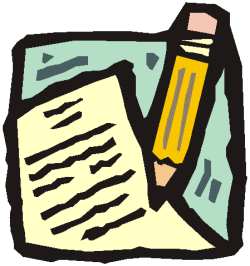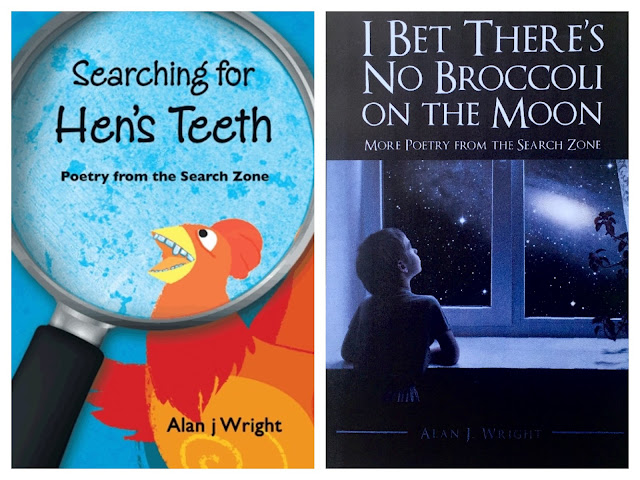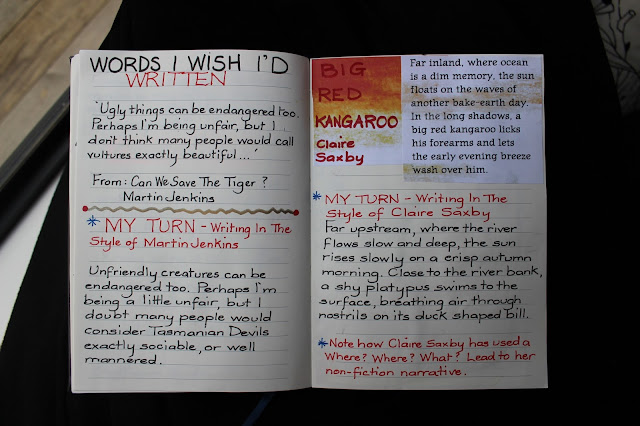Matt Glover and Alan Wright in Adelaide in 2017
With the wonderful support of Lisa Burman Consulting, I am pleased to announce that I will be presenting in Adelaide on June 16 alongside, American Educator and Author, Matt Glover. I look forward to being part of this professional learning day. It's a rare opportunity to listen to Matt, while I look forward to sharing insight into how writing can be most effectively presented with older students. Hope to see you in Adelaide. Matt Glover & Alan Wright in Adelaide 2017! Matt Glover Matt Glover is making his first trip to Australia and we have him here in Adelaide! As many of you already know, Matt is one of the key influences in our Bookmaking Approach. In fact, every time I read one of Matt's books, I almost feel like I could have written it, we are so 'in tune' with each other's values and beliefs. The details, including conference titles and content, are still being worked out, but I wanted to share t...





